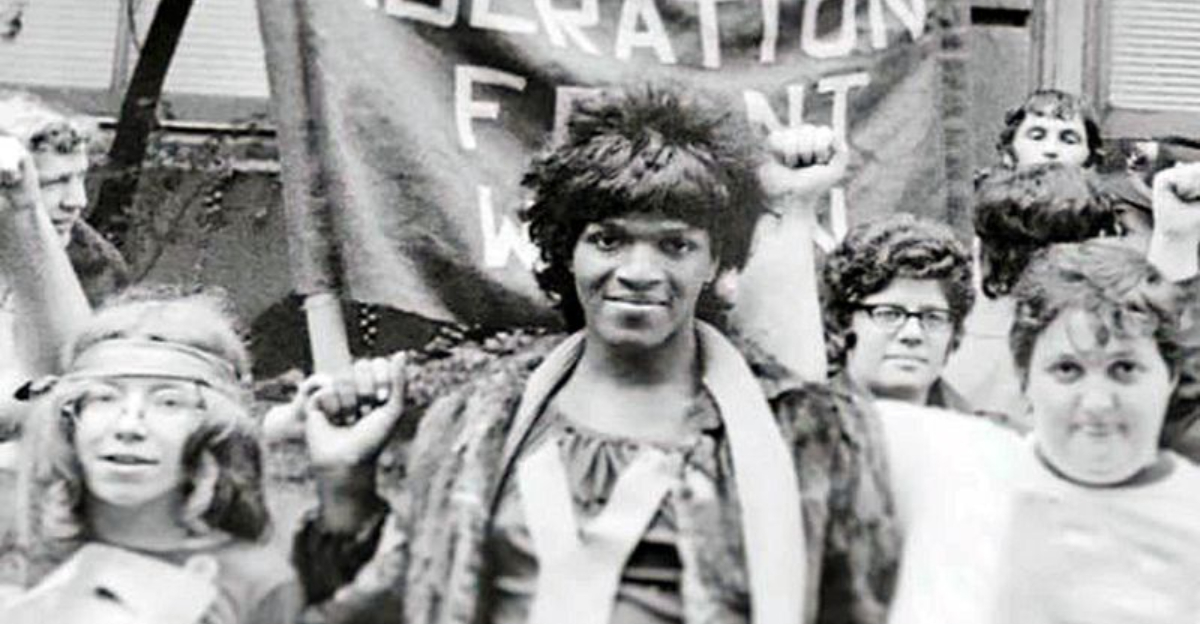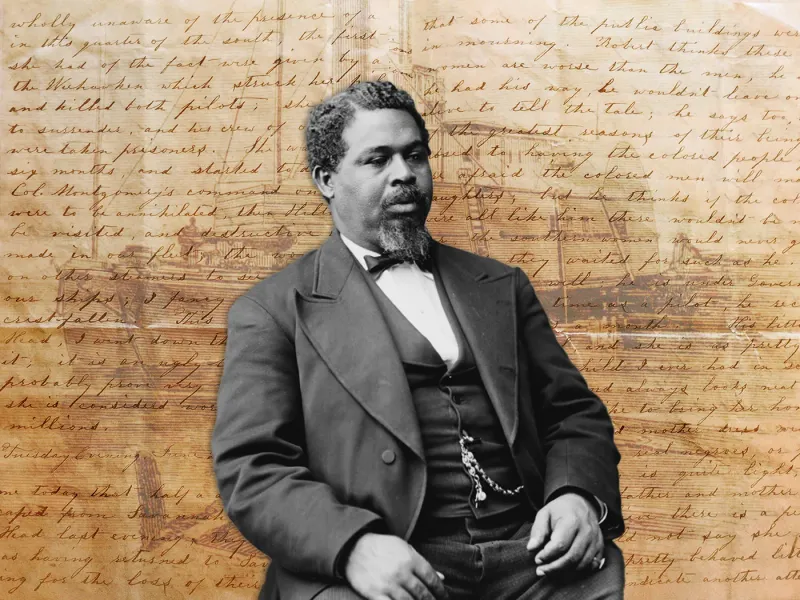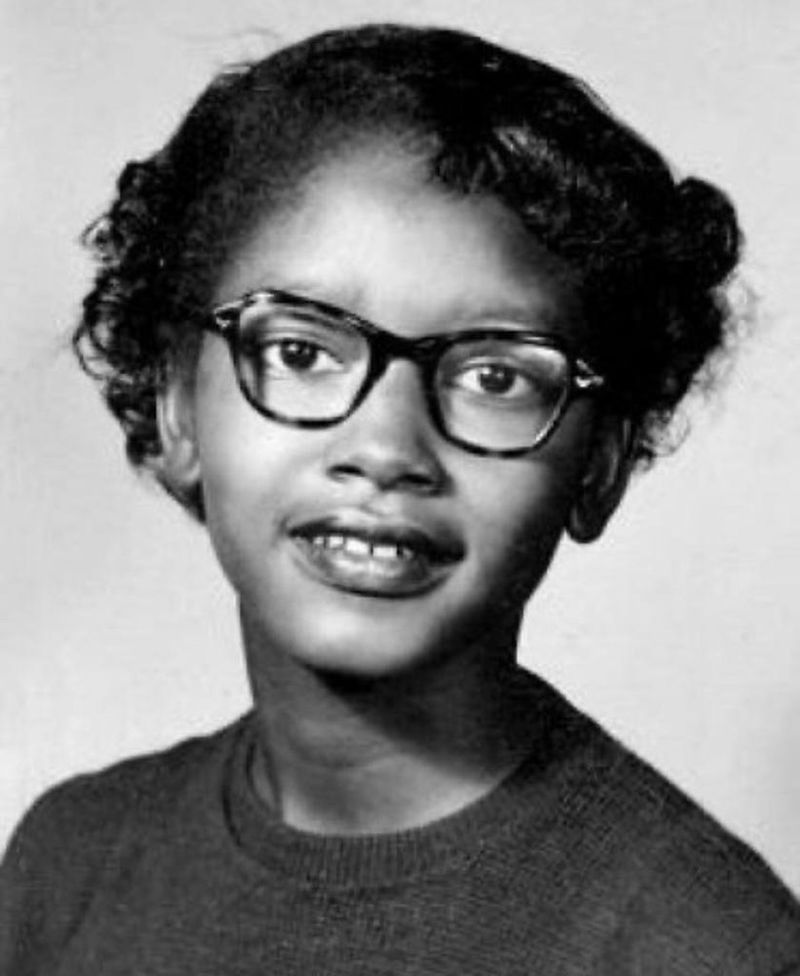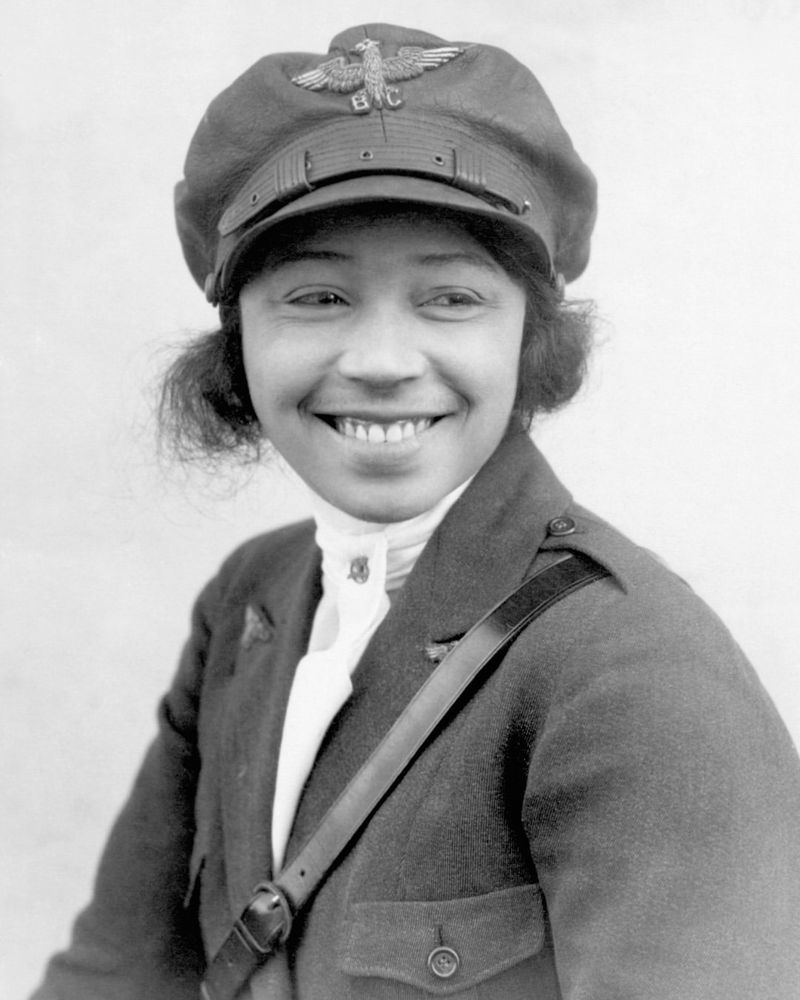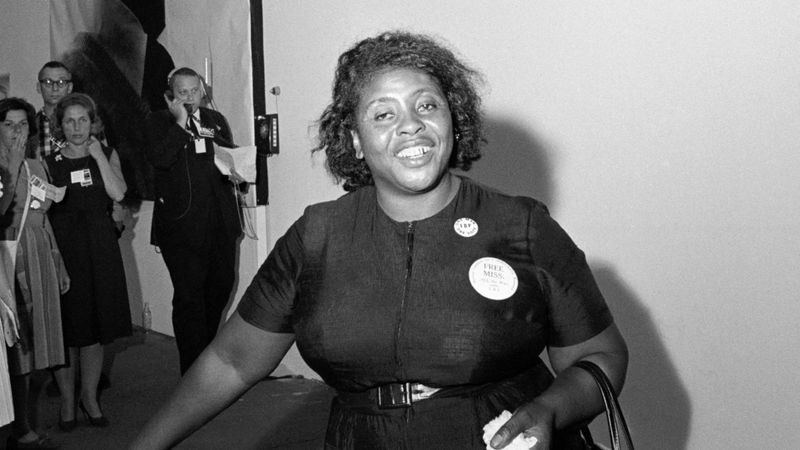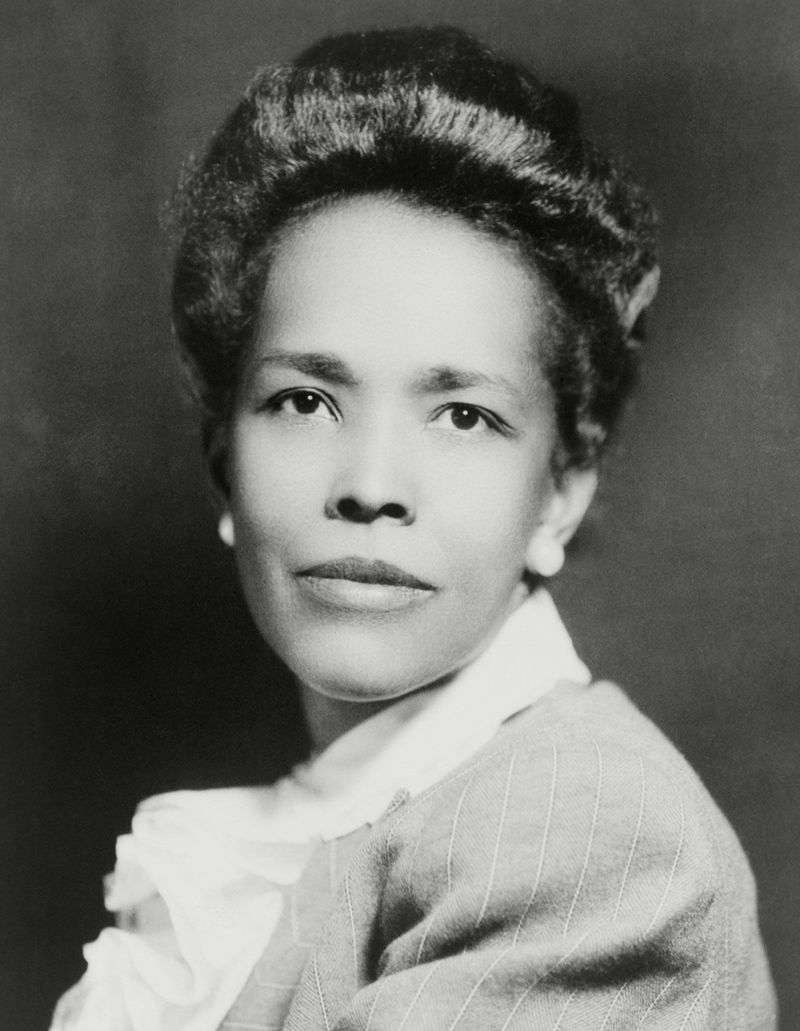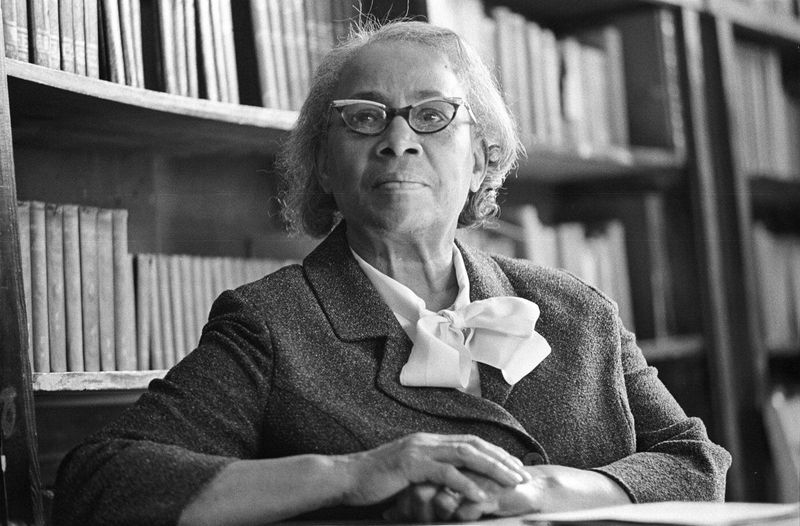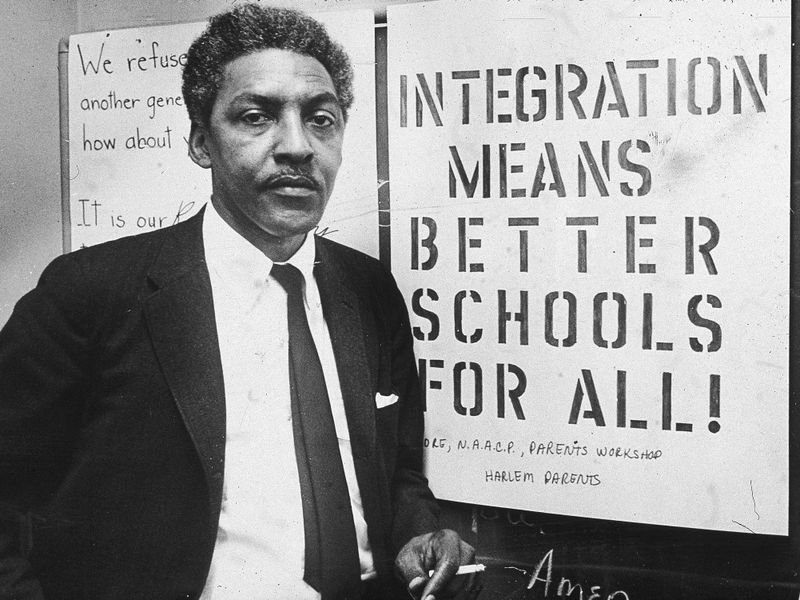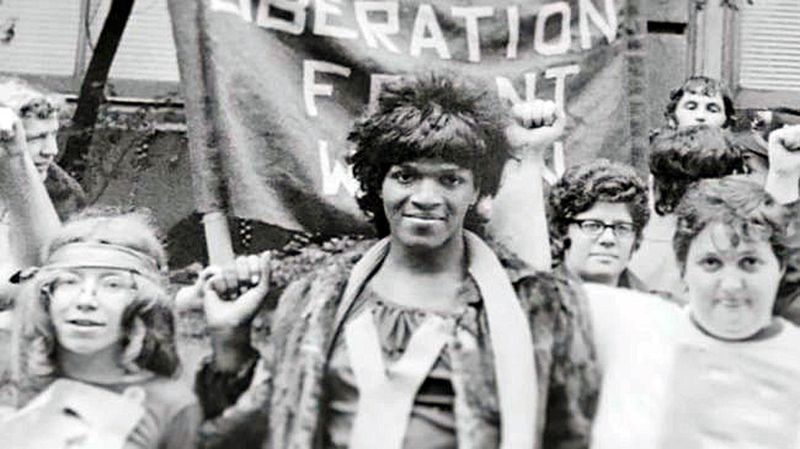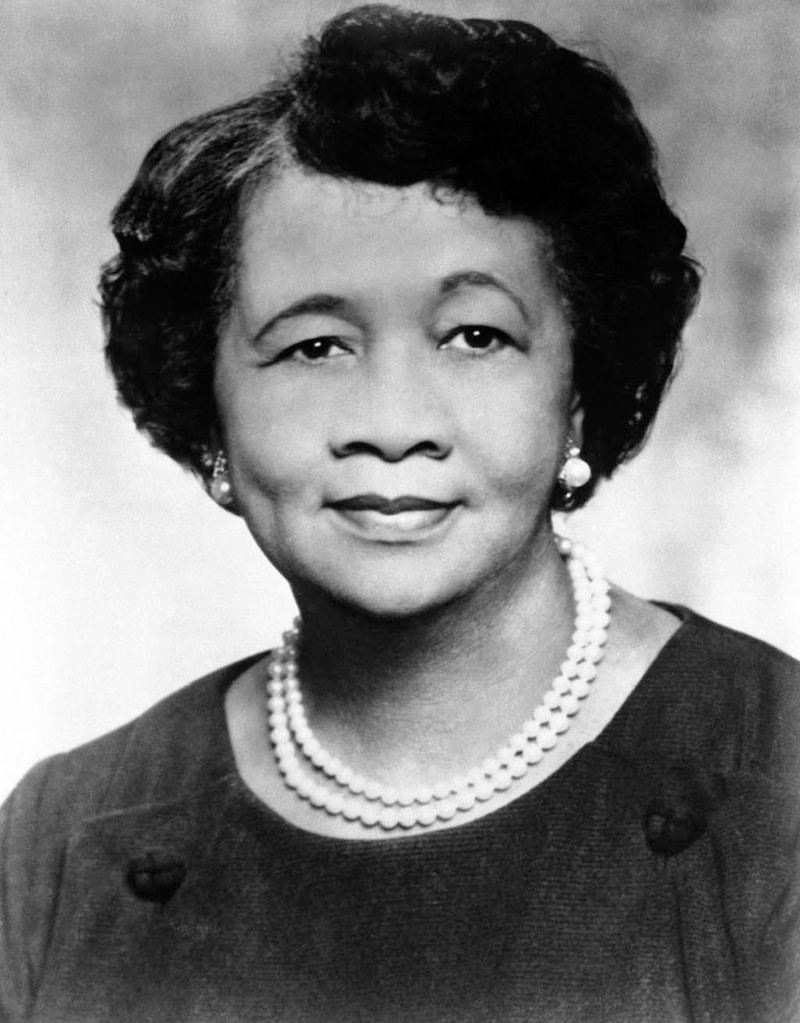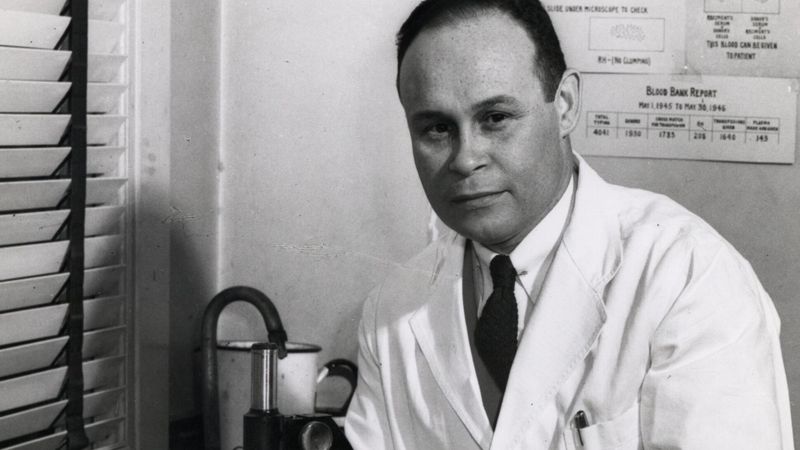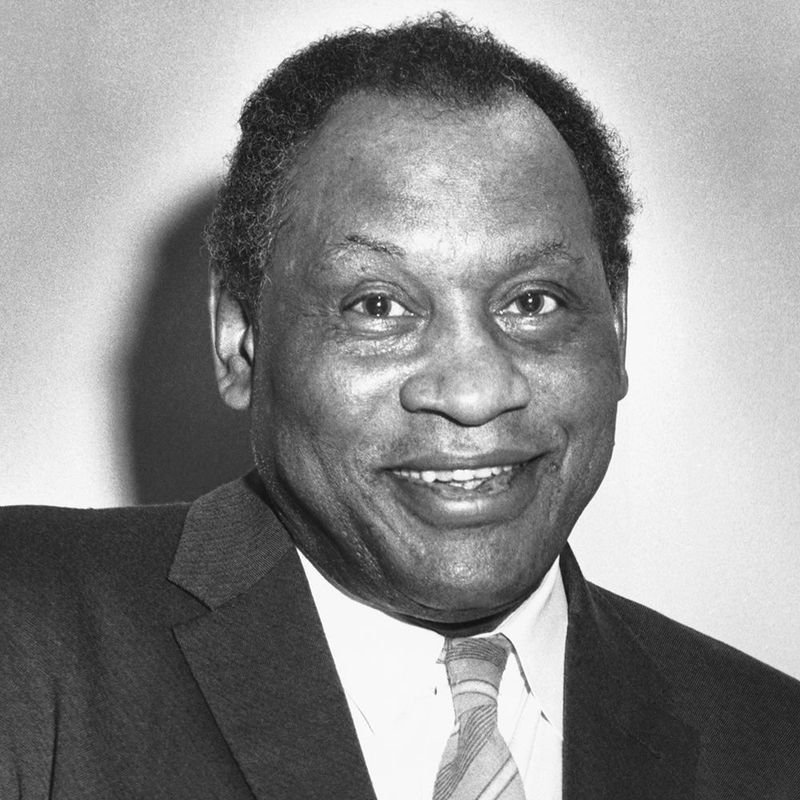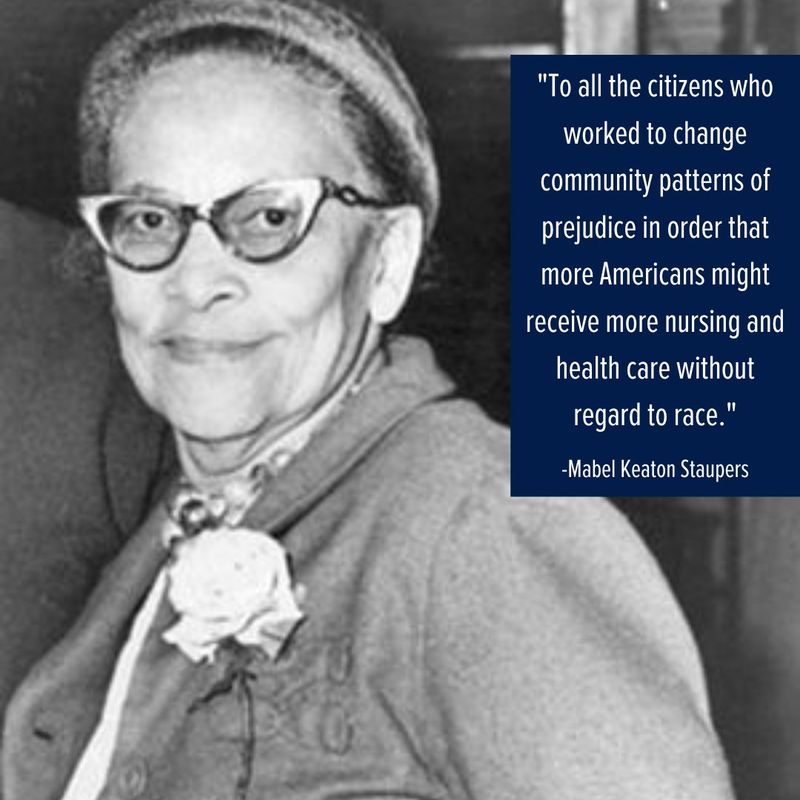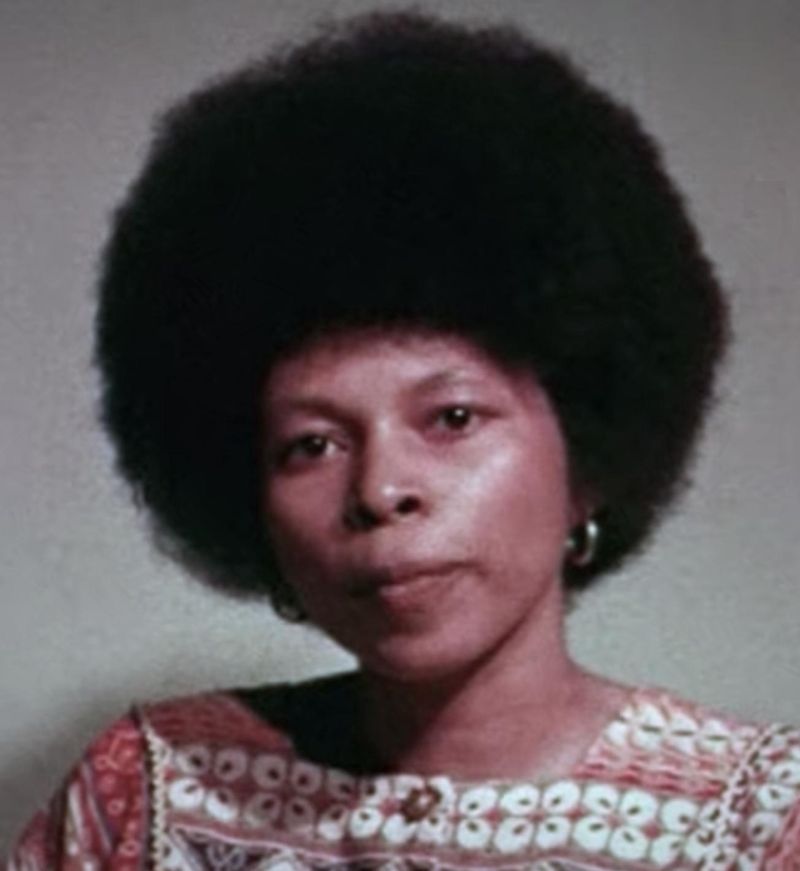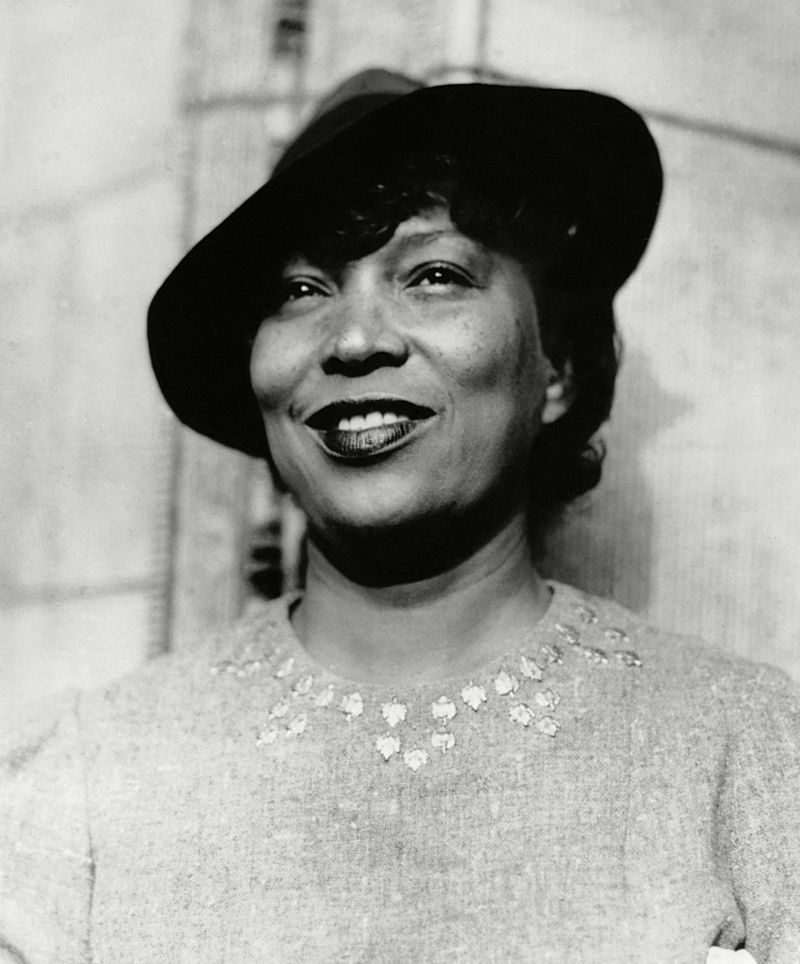Throughout history, countless Black individuals have made significant impacts in various fields, yet their stories often go untold in traditional education settings.
This blog post shines a light on 15 remarkable Black changemakers whose contributions have shaped the world but remain lesser-known.
From pioneering politicians to groundbreaking activists and artists, each of these figures has left an indelible mark on history. Join us in celebrating their achievements and learning more about their inspiring lives.
1. Robert Smalls
Robert Smalls was an escaped slave who masterminded a daring escape by commandeering a Confederate vessel. His audacious act during the Civil War not only secured his freedom but also made him a hero in the Union.
After the war, Smalls transitioned into politics where he championed civil rights and education for African Americans.
Smalls served in the South Carolina legislature and the U.S. House of Representatives. His work laid the groundwork for future generations, advocating for policies that supported racial equality.
Smalls’ story exemplifies courage and determination, proving that one individual’s actions can spark profound change.
2. Claudette Colvin
Before Rosa Parks, there was Claudette Colvin, a brave teenager who refused to give up her seat on a segregated bus.
Her act of defiance came nine months before Parks’ more famous protest. Colvin’s courage sparked early resistance to racial injustice in Montgomery, Alabama.
Despite facing backlash and being largely forgotten, her actions were instrumental in challenging segregation laws.
Colvin’s story is a testament to the power of youth activism and the importance of standing up against injustice, regardless of recognition. Her bravery paved the way for the Civil Rights Movement’s more prominent figures.
3. Bessie Coleman
Bessie Coleman was the first African American woman to earn a pilot’s license, shattering racial and gender barriers in aviation.
Born in Texas, Coleman moved to France to achieve her dream, as American flight schools denied her entry due to her race and gender.
Her determination led her to become a celebrated stunt pilot, inspiring future generations. Despite facing discrimination and financial challenges, Coleman’s legacy endures.
Her story encourages aspiring aviators, especially women and minorities, to pursue their dreams relentlessly. Coleman’s adventurous spirit and groundbreaking achievements continue to inspire those who dare to fly.
4. Fannie Lou Hamer
Fannie Lou Hamer was a fearless voting rights activist whose grassroots efforts brought national attention to the civil rights struggle in Mississippi. Born to sharecroppers, her powerful voice and personal experiences highlighted the systemic injustices faced by Black Americans.
Hamer co-founded the Mississippi Freedom Democratic Party, challenging the exclusionary practices of the Democratic Party. Her testimony at the 1964 Democratic National Convention was pivotal in highlighting racial discrimination in voting.
Hamer’s unyielding determination and advocacy for equality left a lasting legacy, inspiring future generations to fight for justice and civil liberties in their communities.
5. Ella Baker
Ella Baker was a foundational organizer and advocate in the Civil Rights Movement. Her philosophy of empowering local communities helped shape the movement’s strategies. Baker believed that strong grassroots organization was crucial for lasting change.
She played a key role in the formation of major organizations like the Southern Christian Leadership Conference and the Student Nonviolent Coordinating Committee.
Baker’s work emphasized collective leadership and community-driven action, inspiring numerous activists.
Her legacy is a reminder of the power of organizing from the ground up and the importance of fostering inclusive leadership within movements for social justice.
6. Septima Clark
Often called the “Queen Mother” of the civil rights movement, Septima Clark was instrumental in creating literacy and citizenship programs that mobilized Black communities. Her work in education empowered countless individuals to vote and engage in civic life.
Clark’s commitment to education as a tool for social change led to the establishment of citizenship schools. These programs were vital in combating voter suppression and fostering political participation.
Her legacy lives on through her profound impact on education and civil rights. Clark’s dedication to literacy and empowerment continues to inspire educators and activists alike.
7. Bayard Rustin
Bayard Rustin was a master strategist behind the March on Washington and a staunch advocate of nonviolence. Despite often being overlooked, his work was crucial to the success of civil rights campaigns. Rustin’s brilliance lay in his ability to organize and strategize major events.
As an openly gay Black man, he faced discrimination within the movement, yet remained committed to justice and equality. Rustin’s contributions to nonviolent protest and civil rights organizing are invaluable.
His story is a reminder of the diverse voices that have shaped social justice movements, and the importance of inclusion in activism.
8. Marsha P. Johnson
Marsha P. Johnson was a pioneering transgender activist and key figure in the Stonewall uprising. Her work laid important groundwork for both LGBTQ rights and Black queer visibility. Johnson co-founded the Gay Liberation Front and Street Transvestite Action Revolutionaries.
Her vibrant personality and unyielding activism inspired countless individuals. Johnson’s legacy is celebrated for her contributions to LGBTQ and civil rights. Despite facing challenges and marginalization, she remained a symbol of resilience and courage.
Her story continues to inspire a new generation of activists fighting for equality and the recognition of diverse identities.
9. Dorothy Height
Dorothy Height was a tireless advocate for civil and women’s rights, with leadership roles in numerous organizations. Her activism spanned over seven decades, making significant impacts in social justice.
Height’s dedication to addressing inequality and mentoring young female leaders was unmatched.
As the president of the National Council of Negro Women, she worked on key issues such as unemployment, illiteracy, and voter registration. Height’s influence extended to advising U.S. presidents on civil rights issues.
Her commitment to justice and inclusion ensured lasting change, and her legacy inspires continued advocacy for gender and racial equality.
10. Charles Drew
Charles Drew was a revolutionary medical researcher whose innovations in blood storage and transfusion techniques saved countless lives.
His pioneering work during World War II led to the development of large-scale blood banks. Drew’s expertise revolutionized medical practice and emergency care.
Despite facing racial barriers, he became the first Black person to earn a Doctor of Science in Medicine. Drew’s research remains fundamental to modern medicine, exemplifying excellence in the face of adversity.
His legacy in medical innovation and education continues to inspire healthcare professionals to push boundaries and strive for groundbreaking advancements.
11. Paul Robeson
Paul Robeson was an accomplished singer, actor, and outspoken activist who used his art to challenge racism and advocate for global human rights. Robeson’s deep, powerful voice and commanding presence captivated audiences worldwide.
Beyond the stage, he was vocal about issues of racial injustice and equality, often facing backlash for his beliefs. Robeson’s activism extended to supporting workers’ rights and anti-colonial movements.
His courage and commitment to justice left a lasting impact, demonstrating the power of art as a tool for social change. Robeson’s legacy continues to inspire artists and activists alike.
12. Claudia Jones
Claudia Jones was a trailblazing journalist and activist, pioneering the link between racial justice and feminist issues. Her work laid early groundwork for intersectional thought, advocating for marginalized communities globally.
As the founder of the first major Black newspaper in Britain, Jones championed stories on civil rights and social justice. Her activism was instrumental in organizing the first Caribbean Carnival in London, celebrating cultural diversity.
Jones’s legacy is a testament to the interconnectedness of social movements, inspiring activists to embrace a holistic approach to justice that addresses multiple forms of oppression.
13. Mabel Keaton Staupers
Mabel Keaton Staupers was a leader in desegregating American healthcare, fighting for equal treatment for Black patients and professionals. Her advocacy led to the integration of the American Nursing Association and improved opportunities for Black nurses.
Staupers’ efforts were crucial in challenging discriminatory practices within the healthcare system, paving the way for future reform.
Her legacy highlights the importance of equitable access to healthcare and the role of persistent advocacy in driving systemic change. Staupers’ dedication continues to inspire healthcare reformers, emphasizing the necessity of inclusion and representation in medical fields.
14. Assata Shakur
Assata Shakur is a controversial yet influential figure in the Black Liberation movement. Her story and writings continue to inspire debates on resistance and justice.
Shakur’s involvement with the Black Panther Party and Black Liberation Army marked her as a target for law enforcement.
Her autobiography recounts her experiences and the systemic injustices she faced. Living in political exile, Shakur remains a symbol of resistance against oppression.
Her narrative challenges readers to consider the complexities of activism and the struggles for liberation. Shakur’s legacy endures as a powerful voice in the ongoing fight for justice.
15. Zora Neale Hurston
Zora Neale Hurston was an influential writer and anthropologist, capturing the richness of African American folklore and culture. Her work offers an invaluable perspective on Black life, celebrating cultural heritage and identity.
Hurston’s novels, such as “Their Eyes Were Watching God,” are considered classics of American literature. Her anthropological research documented African American and Caribbean traditions, preserving them for future generations.
Despite facing criticism and neglect, Hurston’s contributions to literature and anthropology are celebrated today. Her legacy inspires writers and scholars to explore diverse narratives and honor cultural roots.
